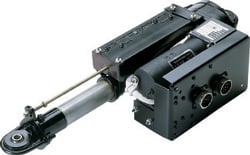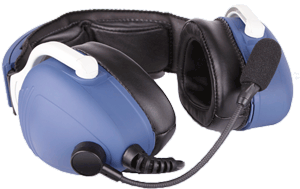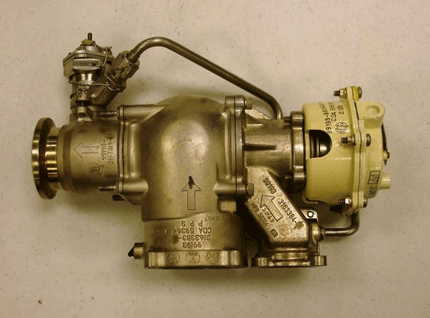Contributed by Curt Campbell, Avionics Tech Rep with permission from Carter Hart of Airframe Service

Isolation diode shorts in the stab actuator can disengage the autopilot.
Last week I received a call from Carter Hart of Airframe Service, who was working with an autopilot problem. The autopilot would engage properly, but would immediately disengage as soon as the pitch servo tried to drive the elevator.
The autopilot computer had been sent to the factory but was returned with no fault found. Through several telephone conversations, Carter and I concentrated on the autopilot pitch trim operation and troubleshot the aircraft wiring, and measured voltages and verified logic conditions in the aircraft. This process led to the discovery of a shorted diode internal to the horizontal stabilizer actuator.
Checking with our accessory technicians, it was determined that we could repair the actuator the same day it was received. The stabilizer actuator was pulled by Carter on Thursday and arrived at Duncan Aviation on Friday. The unit was inspected, repaired and returned to service that same day then shipped back to Carter for delivery on Saturday. Carter reports the aircraft is now flying fine.
Duncan Aviation autopilot technicians have seen the isolation diodes in the stab actuator fail before, and we are trained to assist in diagnosing this problem without having to pull the stab from the aircraft. We can provide one-day repairs on all Learjet stab actuators if we are given prior notice of the unit coming in.
Contact Curt Campbell or an Accessory Technical Representative for troubleshooting assistance.




